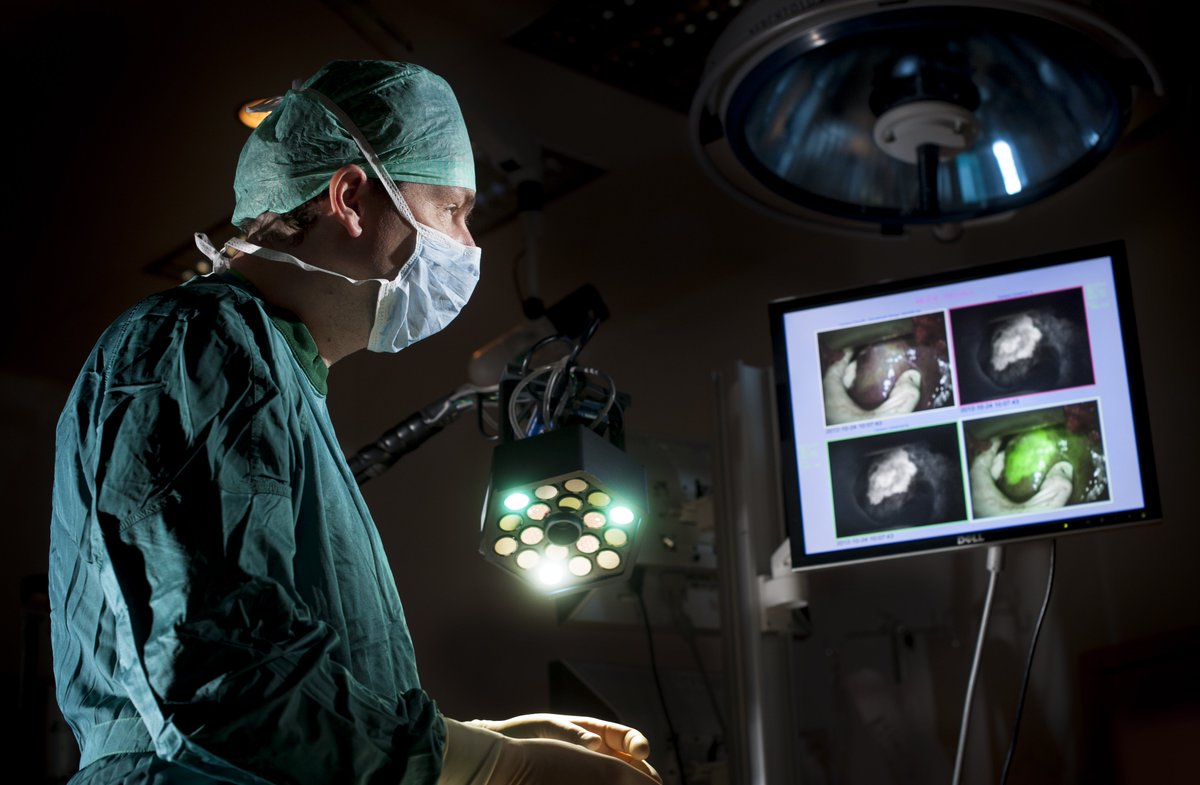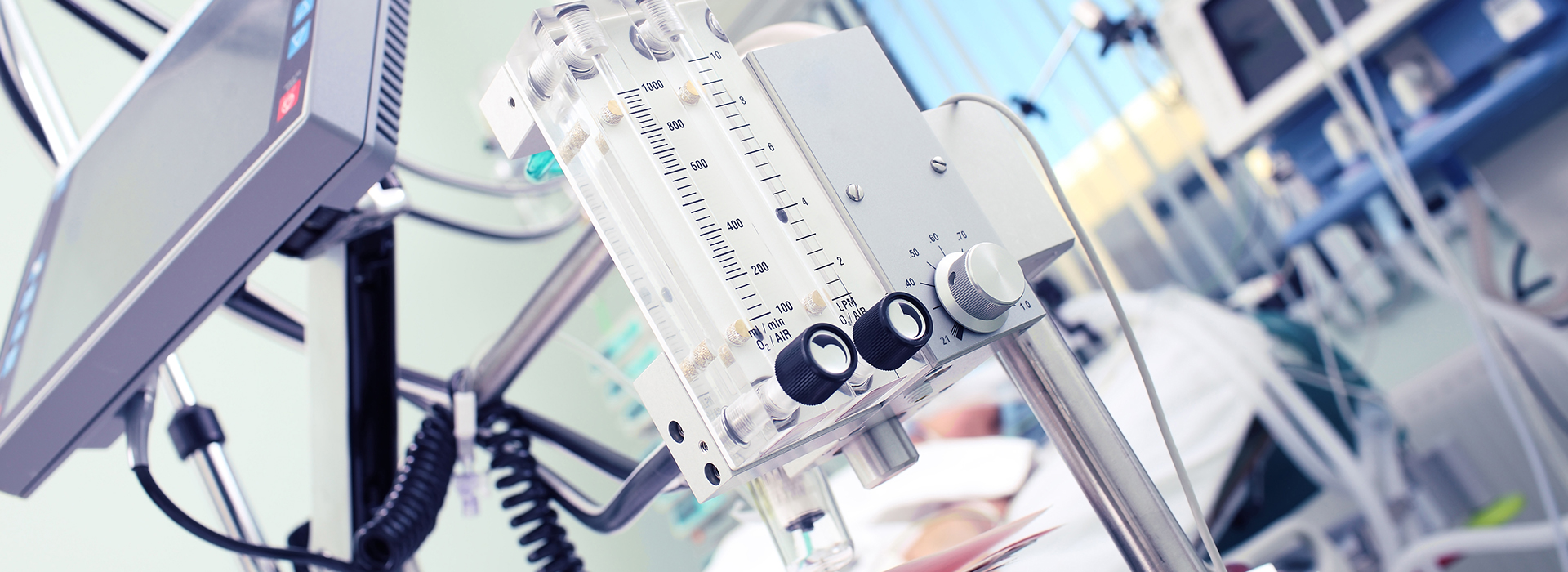Oncology is a branch of medicine that deals with the prevention, diagnosis, and treatment of cancer. A medical professsional who practices oncology is an oncologist.


Haemato-oncology is the diagnosis and treatment of all blood cancers. This includes patients with lymphoma, myeloma and leukaemia.
Treatment for lymphoma, myeloma and leukaemia in many instances is chemotherapy, in addition some patients may also be treated with radiotherapy.

A bone marrow transplant is a medical procedure performed to replace bone marrow that has been damaged or destroyed by disease, infection, or chemotherapy. This procedure involves transplanting blood stem cells, which travel to the bone marrow where they produce new blood cells and promote growth of new marrow.
Autologous transplant : Stem cells for an autologous transplant come from your own body. Sometimes, cancer is treated with a high-dose, intensive chemotherapy or radiation therapy treatment. This type of treatment can damage your stem cells and your immune system. That's why doctors remove, or rescue, your stem cells from your blood or bone marrow before the cancer treatment begins.
Allogenic transplant : Stem cells for an allogenic transplant come from another person, called a donor. The donor's stem cells are given to the patient after the patient has chemotherapy and/or radiation therapy. This is also called an ALLO transplant.
Umbilical cord blood transplant: In this type of transplant, stem cells from umbilical cord blood are used. The umbilical cord connects a fetus to its mother before birth. After birth, the baby does not need it. Cancer centers around the world use cord blood. Learn more about cord blood transplants.
Parent-child transplant and haplotype mismatched transplant : Cells from a parent, child, brother, or sister are not always a perfect match for a patient's HLA type, but they are a 50% match. Doctors are using these types of transplants more often, to expand the use of transplantation as an effective cancer treatment.

Medical Oncology is a modality of treatment in cancer care which uses Chemotherapy, Immunotherapy, Hormonal Therapy and Targeted Therapy to treat cancer in an effective manner. Medical Oncology is usually works in conjunction with Surgical Oncology or Radiation Oncology to give the best clinical outcomes.
Chemotherapy
Chemotherapy is a type of cancer treatment that uses drugs to destroy cancer cells. Chemotherapy works in a pattern of stopping or slowing the growth of cancer cells, which grow and divide quickly. But it can also harm quickly dividing healthy cells, such as those that lie in the mouth and intestines or cause hair to grow. Damage to healthy cells may cause side effects.
